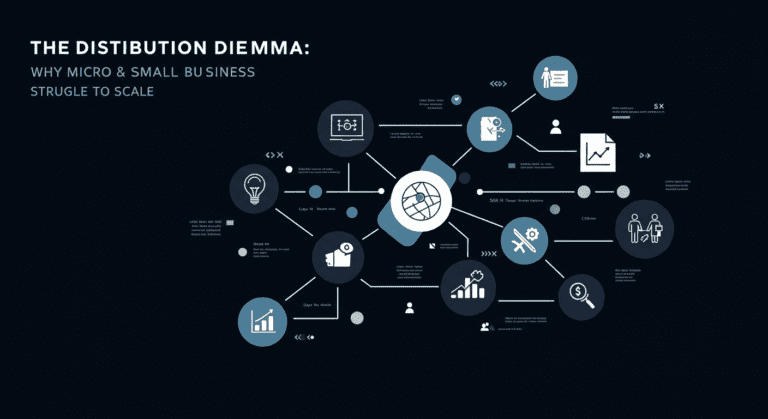In Nigeria, politics is like the rain—you may not want to get wet, but it finds a way to touch everyone. For business owners, the question isn’t whether to engage in politics but how much involvement is safe. Some believe businesses should stay neutral, focusing only on profit, while others argue that being politically aware and involved is necessary for survival.
The reality? Politics affects everything—policies, taxes, inflation, regulations, and even access to funding. Ignoring it could mean running a business in the dark. However, active political involvement also comes with risks—associating too strongly with one political side could alienate customers or even attract unnecessary scrutiny.
Why Business Owners Cannot Ignore Politics
Government policies directly affect business success. From tax laws to import duties, a single policy shift can make or break a company. Look at how Nigeria’s ban on certain imports created opportunities for local producers while simultaneously crippling businesses dependent on those imports. Smart entrepreneurs anticipate these changes, adapt quickly, and even lobby for policies that favor their industries.
Some of Nigeria’s biggest business players understand this well. They cultivate relationships with policymakers, not for personal gain but to ensure their industries remain competitive. Staying completely apolitical may sound safe, but in reality, business and politics are inseparable.
The Risks of Political Involvement for Business Owners
While political involvement offers opportunities, it comes with significant risks:
- Customer Backlash: Associating too strongly with one political party can alienate customers who support the opposition.
- Regulatory Retaliation: Governments have been known to target businesses aligned with rival political factions.
- Financial Exposure: Supporting political causes or candidates can be costly and may not yield returns.
- Reputation Damage: A wrong political move can harm a company’s public image, leading to boycotts or loss of investor confidence.
- Finding the Balance: Smart Political Engagement
So, should business owners get directly involved in politics? Not necessarily. But understanding and leveraging political dynamics is crucial. Here’s how business owners can engage wisely:
1. Stay Informed
Business owners should actively follow government policies and understand how they impact industries. Regularly reading news updates, attending policy forums, and networking with key stakeholders can provide valuable insights.
2. Engage in Policy Discussions
Rather than overtly supporting political parties, business owners can join industry associations and advocacy groups. These organizations collectively lobby for business-friendly policies without individual businesses taking on political risks.
3. Build Relationships Across Political Lines
Successful business leaders cultivate relationships with policymakers across different political affiliations. This ensures continuity regardless of which party is in power.
4. Corporate Social Responsibility (CSR) as a Political Strategy
Engaging in CSR activities that align with government goals can position businesses favorably without direct political involvement. For example, supporting education, healthcare, or infrastructure projects can earn goodwill from policymakers and the public.
Examples of Business and Politics in Nigeria
Dangote Group: The Power of Strategic Political Navigation
Aliko Dangote, Africa’s richest man, has mastered the art of balancing business and politics. His company, Dangote Group, has thrived through various administrations, demonstrating how strategic political engagement ensures long-term business sustainability. While Dangote avoids overt political alignment, he maintains close relationships with policymakers, influencing economic policies that favor industrialization.
Innoson Motors: Policy as a Business Catalyst
Innoson Motors, Nigeria’s first indigenous car manufacturer, benefited significantly from policies favoring local manufacturing. The company’s success highlights how aligning business strategy with government policies can lead to growth.
The Global Perspective: Business and Politics Elsewhere
Nigeria isn’t unique in the intersection of business and politics. Globally, companies like Amazon, Tesla, and Facebook actively engage in political lobbying to influence policies affecting their industries. The difference lies in the transparency of political contributions and the structured lobbying framework in developed countries.
In conclusion, for business owners in Nigeria, ignoring politics is not an option. However, direct political involvement carries risks that must be carefully managed. The best approach is to stay informed, engage in policy discussions, build strategic relationships, and use CSR initiatives to maintain a neutral yet influential position.
At the end of the day, the goal isn’t to become a politician but to ensure that political decisions do not threaten business sustainability. The most successful entrepreneurs understand this balance and navigate the political landscape with strategy and caution.




